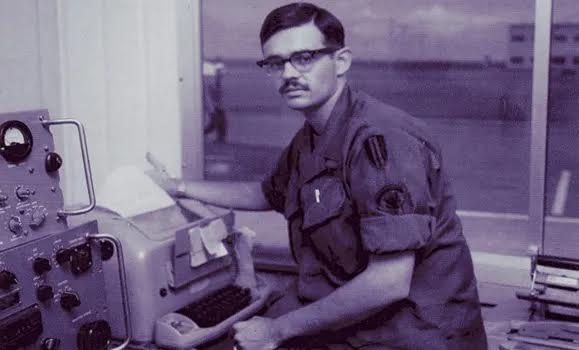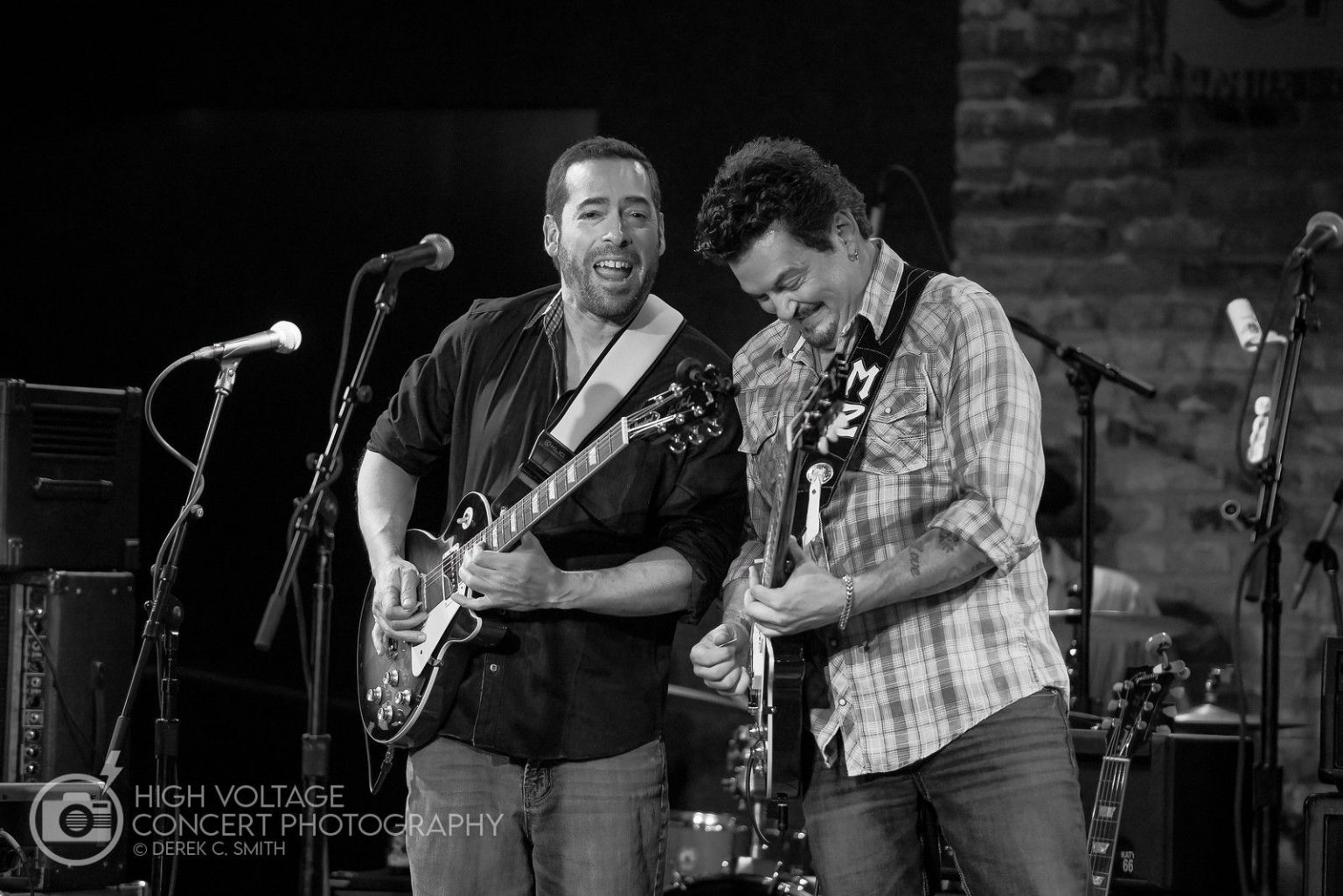Jimmy Stewart in the iconic 1946 film What A Wonderful Life is visited by an angel bent on earning his wings. Sent down to help Stewart deal with the richest and most evil man in town who has virtually everyone but Stewart under his thumb, the angel transports our hero into a would-be world where he never existed. In the process, Stewart recognizes his value and decides not to commit suicide.
Christmas time for many of us can be a rough period in which we doubt our own value, and God knows this has not been years for guardian angels. If any of us wants proof of our own self-worth we need to find it first within ourselves and shine our own light on those we love and together appreciate our joint blessings.
In other words, the miracles come from within. For me writing about musicians who create the music I love is my private guardian angel. In the film Donna Reed is Jimmy Stewart’s wife, a woman he fell in love with at first sight. My wife Shelly is my Donna Reed. I fell in love with her the moment I met her, and she’s had my back ever since she came to realize that my arrogance was ameliorated by other good qualities. She puts up with my writing addiction.
One of the reasons I’m addicted to writing about artists who play the music I love is because I find miracles in their stories, and in the effects they have on us as fans – and yes, I’m a fan first.
Looking at the world from my perspective, this has been a year filled with miracles. Mike Zito lost his wife to cancer in the middle of a tour with Albert Castiglia as a duo called Blood Brothers. I’ve interviewed both artists through much of their careers. During interviews with each this year we talked about our wives’ medical issues. Both said to me any time I needed someone to talk to about dealing with family medical problems, to just pick up the phone and call them anytime day or night. They are Christmas miracles.
When I started writing about music more than a half century ago, I was a soldier in Vietnam. Being able to inform “grunts” in the field about our music back in “the world” was a miracle for me in one way because it gave me a forum in the largest official Army newspaper in the world, The Army Reporter, and it was a miracle for guys in the rice paddies that gave them something to hang on for, the miracle of Woodstock and Haight Ashbury that promised salvation if they could make it through 365 days in hell.

Veronika Jackson is an acoustic folk blues singer from Atlanta who had never been north of the Mason-Dixon Line. I had the honor of introducing her as opening act to Albert Cummings at the Southern Vermont Arts Center. I was nervous presenting her to a crowd who bought tickets to see a fiery blues-rock guitarist whose music comes from the opposite extreme of the genre than hers. She was a little nervous about the show, and I suggested to her that she concentrate on one or two people in the audience and play directly to them.
She asked that the lights be turned up for her set which included my favorite version of the Elizabeth “Libba” Cotten song “Freight Train.” I introduced her by saying that in the south audiences are very demonstrative and that she deserved that kind of reception. The crowd was effusive almost beyond belief. One man gave her $50 for a $20 CD, and people everywhere were asking me where I found her, and if I was her manager. A miracle night.
My three-part article on Marshall Chess is up now on American Blues Scene. You can read about lightning striking three times in the same place. Marshall’s dad, Leonard Chess, was a genius in putting musicians together to create a postwar electric blues sound that expanded the market for blues recordings — from 45s sold by railroad porters to long playing records that expanded the sound in the South and West Side Chicago clubs to a larger African-American market. Leonard’s son Marshall produced Chess albums that exploded that market to include young white college kids listening to the then new stereo FM stations in the late ’60s.
At 81, Marshall has teamed with experimental hip-hop drummer Keith LeBlanc to create New Moves, a record that has the potential to expand the blues market again. Marshall Chess is not a name on every blues fan’s lips, but to me his work did more to get me hooked on the blues than anyone with the possible exception of promoter/photographer/writer Dick Waterman and the senior John Hammond who brought Robert Johnson to Columbia Records.
When I was offered an interview with Marshall Chess, he responded to my call by saying he knew who I was. He had my book on Buddy Guy and claimed to remember interviews I’d done with him more than 40 years ago. One interview turned into four, and it ran as a three-parter. Another Christmas miracle.
Read part one, part two, and part three.
From my first music columns in Vietnam right up to the present, I’ve always had a bigger footprint out of town. I live outside of Schenectady, New York, and for 40 years I wrote a weekly column for the Troy Record, the fourth most important daily in a three-paper New York Capital Region market. I’ve worked throughout that period in presenting blues talent regionally, especially in the ’90s when I founded the Northeast Blues Society. But it wasn’t until this year that I got my byline in my hometown newspaper, The Schenectady Gazette.
This week I have the lead article at the top of the Gazette entertainment tabloid called Nippertown, also the name of a regional arts and entertainment website I write for. A Christmas miracle.
In March I will be inducted into the Capital Region Thomas Edison Music Hall of Fame along with the late jazz sax Master Nick Brignola. A Christmas miracle.
You’re reading this on a website edited by Lauren Leadingham, a woman with a broader knowledge of the entire musical spectrum than almost anyone twice her age. And if she edits that last sentence out, I promise to make her life especially miserable at Christmas. She’s another Christmas miracle.
When I started writing about music, “critics” – a term that always made me cringe – were not supposed to fraternize with our subjects. The internet has changed all those rules. The people I write about often become my friends. I’m part of a huge extended family. You all are part of my Christmas miracle.
Merry Christmas. And realize we’re all each other’s guardian angels. And we’ve got each other’s backs ready to deliver Christmas Miracles.


